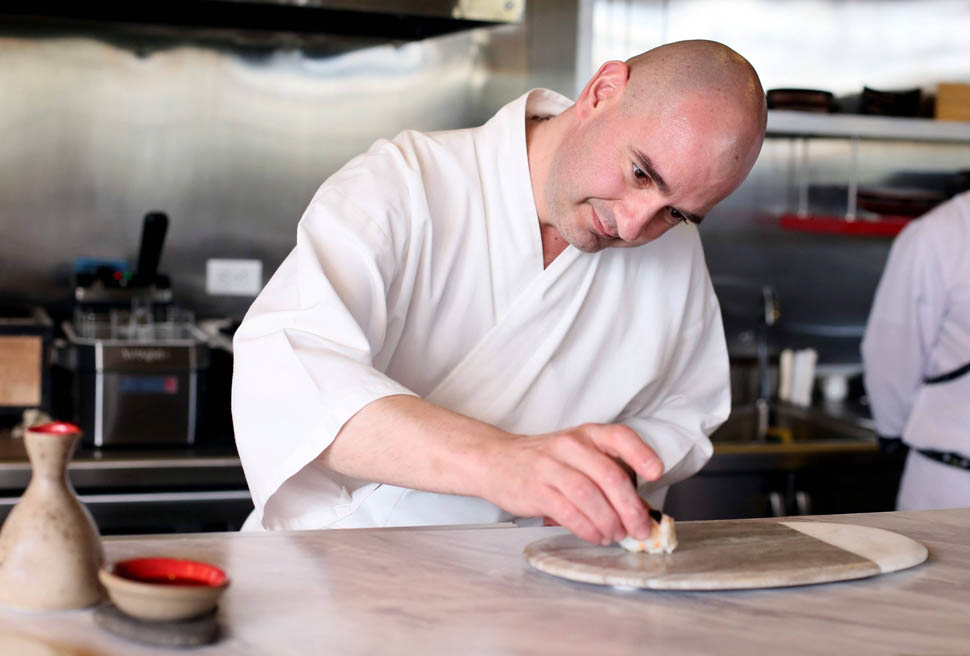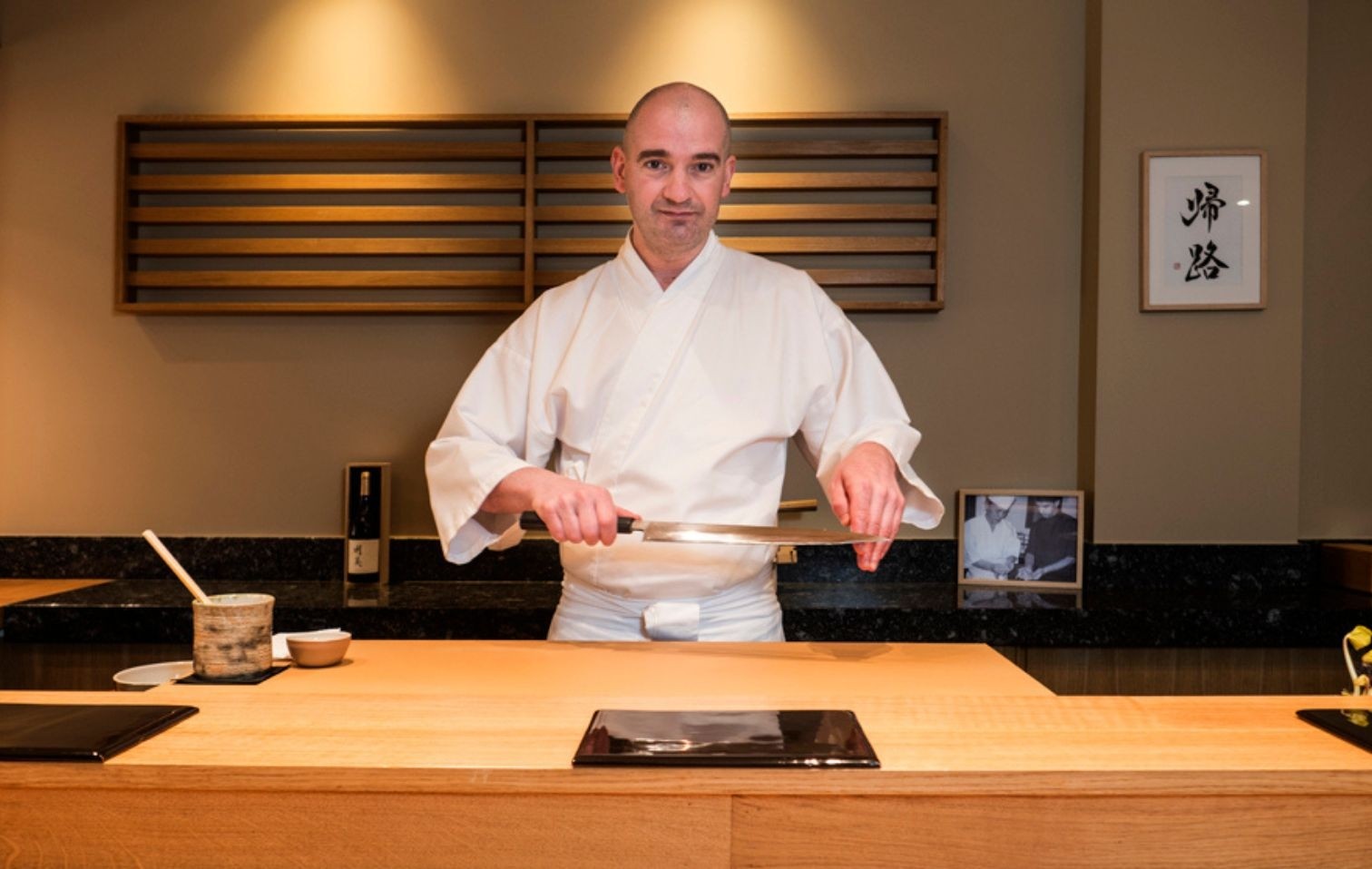After downsizing the counter seats from 10 to 6, Felix Jimenez relinquishes a significant source of profit: beverages. No wine list at his Kiro Sushi: only water and tea. "I have nothing against wine, but I believe it distorts the present moment. As the meal progresses, it disrupts the balance I seek."
Gualtiero Marchesi had already tried to challenge the wine's dominance at the table. Now, a notable Spanish sushi chef, Felix Jimenez, has come to similar conclusions: "I don't criticize alcohol, but I believe it doesn't help in these circumstances, as it distorts the present moment. Alcohol doesn't bring what I want to convey through Kiro, which is why there won't even be the usual Akemi wine—just water and tea. Initially, everything is fine, but as the meal progresses and more is consumed, the balance I'm aiming for is disrupted," he tells Siete Canibales.
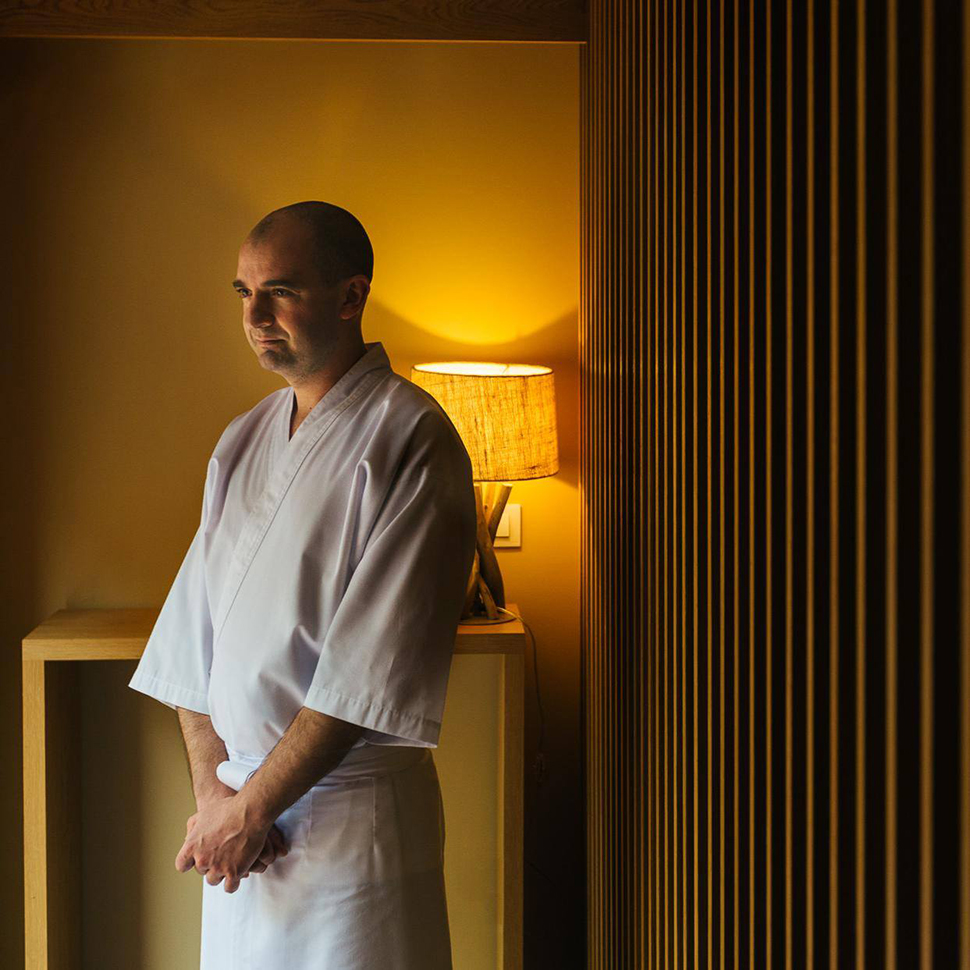
Jimenez, at the helm of Kiro Sushi in Logroño, has recently relocated his establishment. "I had been noticing for a while that the ten diners I had at the sushi counter in the Calle Maria Teresa Gil di Garate location were too many for what I wanted to achieve. Enhancing the customer experience, as well as my own, required a higher level of personalization. I thought about renovating, but since I was renting, I chose to undergo a more profound change." Here he is, now operating on Calle Emilia Pardo Bazan since July 25th. The entrance is already captivating, with a 350-year-old antique door donated by his father, repainted with a Buddhist touch and an Indian handle. The countertop is spectacular: a single piece of oak wood. "I'm a perfectionist, and I felt it had to be this way. Now, I'll dedicate the menu not to 10, but to 6 people, in order to enhance their experience as customers and mine as a chef."
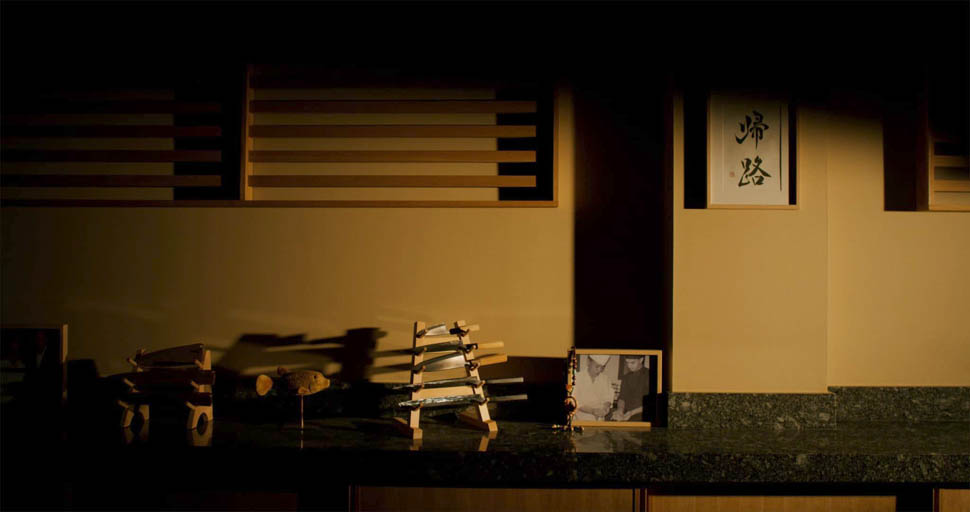
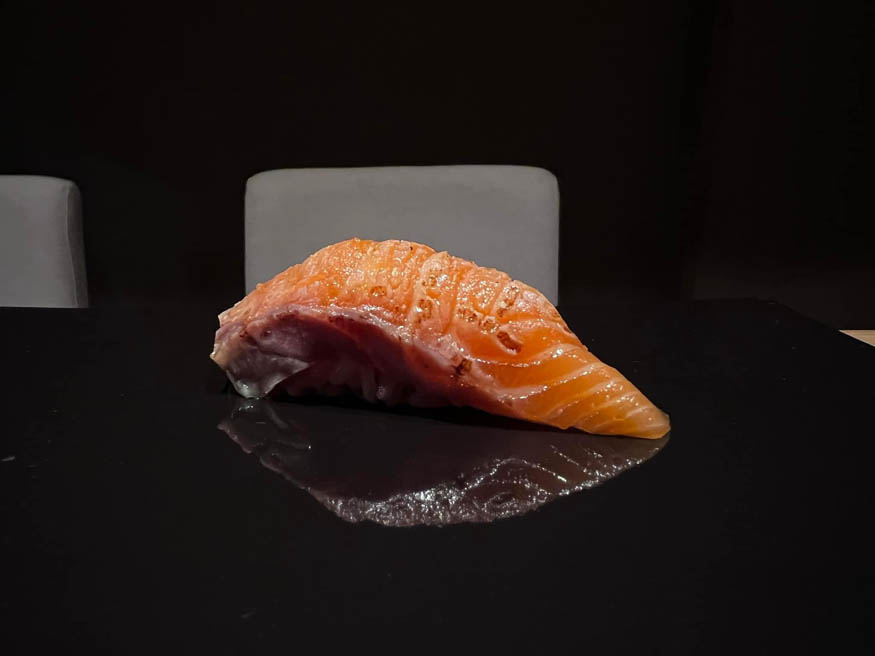
"The body relaxes with darkness. Now, we'll live a deeper experience." As for the cuisine, it won't deviate significantly from that of the old Kiro, opened in 2015 and quickly awarded a Michelin star. "From the beginning, two people have been by my side, and they are crucial to me; they provide balance. I couldn't work well without harmony." A special mention goes to the decorator David da Cruz, "who managed to grasp the madness in my mind. He had to be as crazy as me, or even more so, to understand what I wanted, and he succeeded. To bring new ideas to the restaurant, he studied the Japanese world."
